Kinds of Verb:
(1) A Verb is a word that expresses some action, feeling or existence; as,
- He reads a book.
- She is a nice girl.
Here reads and is are Verbs.
(2) Sometimes a Verb consists of more than one word; as
- I have done my duty.
- We shall attend the meeting.
In the above examples, the Verb consists of two parts, one Principal Verb and the other helping or Auxiliary Verb. Have and shall are Auxillary Verbs. While done and attend are Principal Verbs.
An Auxillary Verb is thus a helping verb, it helps to form the Tense or Mood of the Principal Verb.
Note I: The chief Auxiliary Verbs are: to be (with its different forms am, are, is, was, were, been and being); to have (has, had); to do (does, did); may, might; can, could; will, would; shall, should; must, and let.
Note II: Some Auxiliary Verbs can also be used as Principal Verbs; as,
- I have a book.
- She does her work regularly.
(3) Verbs are of two kinds–
(a) A Transitive Verb is one in which the action passes over from the doer to some other person or thing called the Object as,
My brother (Doer) called (Transitive Verb) me (Object).
(b) An Intransitive Verb is one in which the action stops with the doer and does not pass over to an object; as,
The dog (Doer) barks (Intransitive Verb).
Note: A Transitive Verb takes an Object, while an Intransitive Verb needs no Object.
(4) Transitive Verbs have the following peculiarities-
(a) A Transitive Verb must take an Object. But sometimes it takes two- one denoting a person or animal called an Indirect Object, and the other denoting a thing called a Direct Object; as, He gave me (Indirect Object) a pen (Direct Object).
She asked him (Indirect Object) a question (Direct Object).
Note I: The Indirect Object generally comes before the Direct Object.
Note II: Ask, cut, give, grant, offer, promise, tell, show, write, etc. are the Verbs that require two Objects after them.
(b) Some Transitive Verbs, always take a Reflexive Pronoun after them as their object. Such an Object is called the Reflexive Object; as,
- He overate himself.
- I availed myself of the opportunity.
- We enjoyed ourselves.
- They absented themselves from the school.
Note: Absent, avail, ruin, overeat, exert, hurt, cry, pride, feed, throw etc. are generally followed by Reflexive Pronouns.
(c) Some Transitive Verbs can also be used Intransitive; as,
| Transitive | Intransitive |
|---|---|
| We see a picture. | The blind cannot see. |
| He writes a letter and reads a book. | He can neither write nor read. |
| He boils water. | The water is boiling. |
| We eat bread. | We eat to live. |
| You broke my pen. | My pen broke. |
| He flies the kite. | The kite flies. |
(5) Intransitive Verbs have the following peculiarities-
(a) As said above an Intransitive Verb does not require an Object; as, Birds fly, Boys run hard.
(b) An Intransitive Verb may also be used Transitively i.e.
(I) When it is followed by a Preposition; as,
- They laughed at us.
- The dog ran after the beggar.
- He acted on my advice.
(II) When it is used in the sense of causing a thing to be done, i.e., in the causative sense; as,
| Intransitive | Transitive (causal) |
|---|---|
| A needle ran into my finger. | He ran a needle (caused it to run) into my finger. |
| Wheat grows in the field. | He grows wheat (causes it to grow). |
(c) Some Intransitive Verbs do not make complete sense by themselves. They need a word or words called Complement to complete their sense. Such verbs are called Intratransitive Verbs of Incomplete Predication; as,
- I looked (Intransitive Verb of Incomplete Predication) sad (Subjective Complement).
- He is (Intransitive Verb of Incomplete Predication) soldier (Subjective Complement).

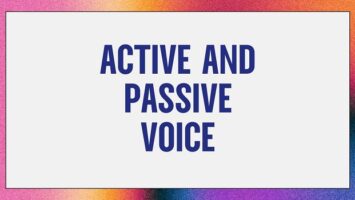
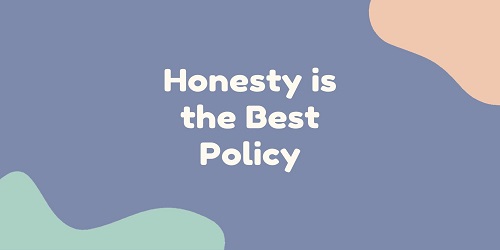
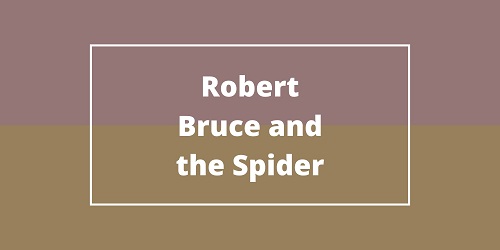
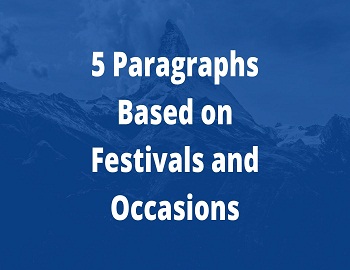
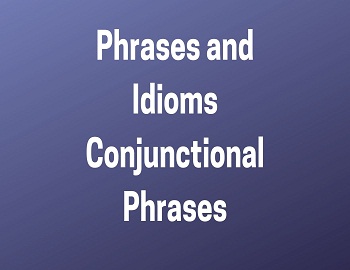
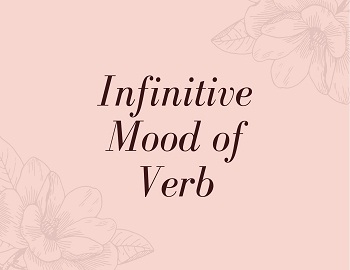
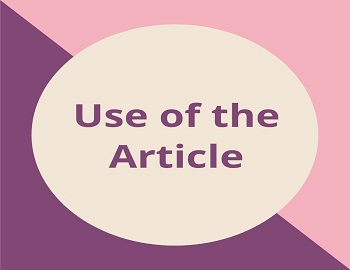
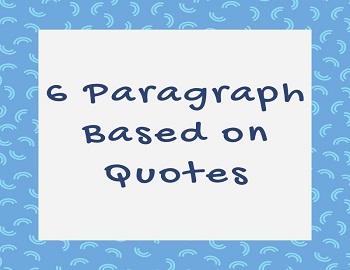
Comments (No)